Search
Search Results
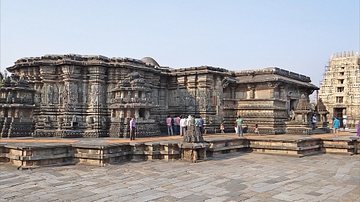
Image
Chennakesava Temple in Belur
Chennakesava Temple in Belur. A stellar example of Hoysala Architecture (1026 CE – 1343 CE).

Definition
Parthian Art
Parthian art flourished within the Eurasian cultural corridor from the late hundreds BCE to the early 1st and 2nd centuries CE. With the Parthian Empire (247 BCE - 224 CE) stretching from India and China in the east to the Mediterranean shores...
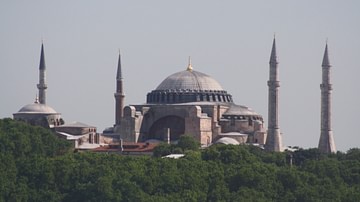
Definition
Hagia Sophia
Hagia Sophia in Istanbul, constructed 532-537, continues to be revered as one of the most important structures in the world. Hagia Sophia (Greek Ἁγία Σοφία, for 'Holy Wisdom') was designed to be the major basilica of the Byzantine Empire...
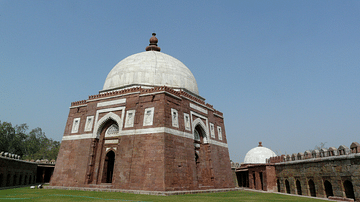
Definition
Tughlaq Dynasty
The Tughlaq dynasty (also spelt Tughluq), ruled the Delhi sultanate from 1320 to 1413. Followed by the Khalji dynasty and preceded by the Sayyids, the Tughlaq dynasty formed an important period in the history and culture of the Sultanate...
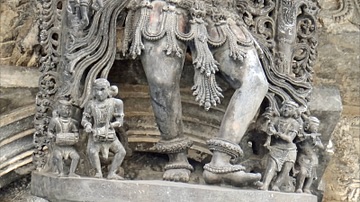
Image
Shalabhanjika Sculpture in Belur
Shalabhanjika or Madanika (bracket figure) sculpture in Chennakesava Temple, Belur built during Hoysala period (1026 CE – 1343 CE).
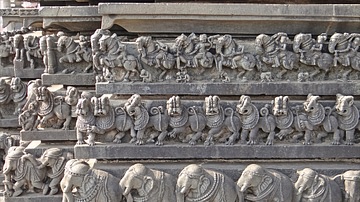
Image
Elephants, Chennakesava Temple
Intricate relief sculptures at the base of Chennakesava Temple in Belur built in Hoysala period (1026 CE – 1343 CE).

Definition
Parthian Culture
Stretching between China and India in the east to the Mediterranean in the west, Parthia ruled over one of the widest expanses of empire in its time and Parthian culture flourished for 500 years (247 BCE to 224 CE). While known for their...
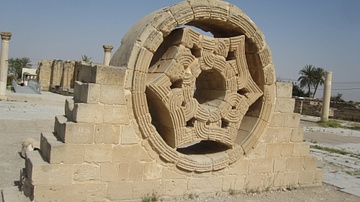
Definition
Hisham's Palace
Hisham's Palace at Khirbat al-Mafjar (the ruins of Mafjar) is an Umayyad structure that is listed among the last of the surviving antiquities of Romans and Byzantines. It was built by Walid Ibn Yazid in 734 CE near Jericho in the Jordan Valley...
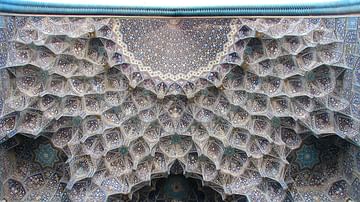
Definition
Muqarnas
Muqarnas is a three-dimensional architectural decorative element that flourished in its most complete form mainly during the Islamic period and is most pervasively used in domes and semi-domes. One of the key features of this mesmerizing...

Definition
Parthia (Empire)
The Parthians ruled from 247 BCE to 224 CE creating a vast empire that stretched from the Mediterranean in the west to India and China in the east. East of the Caspian Sea there emerged from the steppe of Central Asia a nomadic Scythian tribe...